Kade Crockford – Can computers discriminate? Spoiler alert: yes. Public Interest Tech

Transcript
Kade Crockford: When you look at Google, you very well are seeing an entirely different set of information choices than what someone else will see when they open their Google browser. And that’s because of the algorithm that Google operates, having made decisions about you and about what you are likely interested in. That’s really critical.
[Kade Crockford, Director, Tech for Liberty Program, ACLU Massachusetts. A white gender nonconforming person wearing business clothing.]
My name is Kade Crockford. I run the Technology for Liberty Program at the ACLU of Massachusetts. In many ways, we haven’t even caught up to the late 20th century when it comes to the integration of digital technologies into our laws and our statutory frameworks and constitutional frameworks around the country. Digital technologies, the information age, have changed the way that we live in ways that are really obvious— like, the fact that we all carry tracking devices with us everywhere we go—and in ways that are really opaque—like the various black box algorithms that every single day make decisions for us.
[An animated 3-D black box spins as chains made up of ones and zeros flow into it on all sides.]
A black box algorithm is a mathematical formula that companies like Google and Facebook, as well as even governments, use to process large quantities of information and make decisions about what you’ll see when you open up your web browser. They determine what price an airline will try to sell you a plane ticket for, and they can even determine how much your car loan will cost. That matters because it may very well be the case that someone in a rich white neighborhood gets charged substantially less for auto lending than someone who lives in a largely poor black neighborhood—despite the fact that those people have pretty much identical driving records. This also happens in the employment context, where employers are using black box algorithms to sort through large quantities of data about applicants.
[An animated 3-D black box floats above three separate stacks of resumes, scanning each stack with a laser beam.]
The algorithm will automatically sort and dispose of many, many applicants before any human being even enters the process to decide who is going to get the job or who will get an interview. And those types of systems are in use in almost every industry today. Right now, there’s a major information asymmetry between folks who work at Google and Facebook, about exactly what these tools are capable of and what they’re currently doing, and the vast majority of the public. We need to bridge that gap. And we need technologists alongside us in that fight. Fifty years ago, when there was no public interest pathway for law students, really, besides working for the ACLU, we were not doing all we could as a society, frankly, to maximize what it means to be a lawyer, to maximize the benefits of a legal education—as far as, you know, impacting the society in general in a positive way. It’s equally important now for technologists to also come to the table and tell lawmakers exactly what these tools are doing, what the future looks like, and how to ensure that we don’t magnify exponentially the existing inequalities in our society. If we don’t bring those technologists into the public interest fold, I think we’re really looking at a very dangerous world in which technology does exacerbate and exponentially increase those inequalities.
[This is tech at work for the public! Hashtag Public Interest Tech. Ford Foundation dot org forward slash tech. Ford Foundation logo: a globe made up of a series of small, varied circles.]
Accessibility Statement
- All videos produced by the Ford Foundation since 2020 include captions and downloadable transcripts. For videos where visuals require additional understanding, we offer audio-described versions.
- We are continuing to make videos produced prior to 2020 accessible.
- Videos from third-party sources (those not produced by the Ford Foundation) may not have captions, accessible transcripts, or audio descriptions.
- To improve accessibility beyond our site, we’ve created a free video accessibility WordPress plug-in.
The information age has ushered in a wave of automated decision-making through tools that use opaque methods to disperse different sets of information to different sets of people. When black-box algorithms—vague systems making complex and relative decisions—are fed data, decisions are made almost entirely without human contact. Have we taken into consideration what the algorithms have been taught and that machine-learned bias exists?
Kade Crockford, Director of the Tech for Liberty Program at the American Civil Liberties Union of Massachusetts, believes digital technologies have yet to catch up with the country’s laws and constitutional frameworks. She sees a gap between the major tech companies and the public in what these tools are capable of and how they’re actually being used.
“If we don’t bring technologists into the public interest fold, I think we’re really looking at a very dangerous world in which technology does exacerbate and exponentially increase inequalities in our society,” says Crockford. Lawyers like Crockford play an important part in telling lawmakers what these tools are doing and ensure they work to the benefit of all.
Kade Crockford is part of a larger community that wants to see technology serve the greater welfare of society. We call this Public Interest Tech.
Other videos in this series
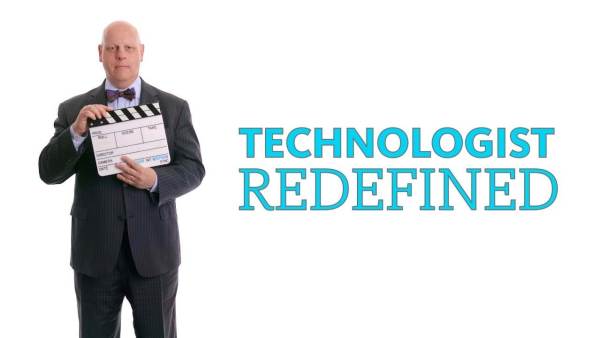
Danny Weitzner – Privacy and policy: a new school of thought. Public Interest Tech
Privacy is fundamental to our lives. Unanswered public policy questions raised by new technologies need to be addressed. Danny Weitzner, from the Massachusetts Institute of Technology (MIT), says as a society, we have to be directly engaged in these public interest technology questions to ensure new tools support human values.
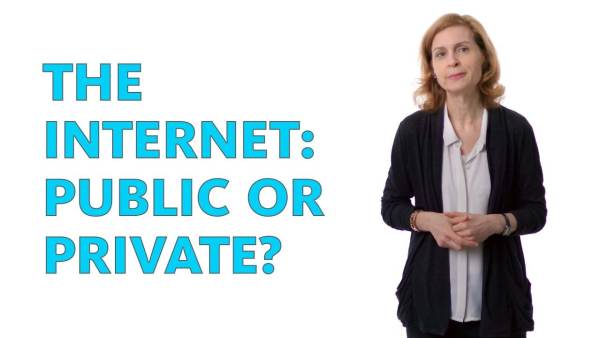
Susan Crawford – The internet: public or private? Public Interest Tech
Internet access is an indispensable factor when it comes to opportunities and resources needed for economic mobility. Public interest technologist Susan Crawford says government regulation is necessary to ensure provider incentives align with the public’s best interest and help create a better future for all.

Michelle Miller – A new age of advocacy. Public Interest Tech
Workers can use tools of the internet to push for better working conditions and outcomes, building a future of work that works for all. Michelle Miller, co-founder of coworker.org, focusses on building digital communities that put the power of numbers in the hands of the workforce.

Joy Buolamwini – Fighting the “coded gaze:” How we make artificial intelligence benefit all. Public Interest Tech
The automation of how computers detect, classify, and identify faces can favor some races and genders over others and also deepen existing inequalities. Public interest technologist Joy Buolamwini is building tools to help researchers code in a more inclusive way.
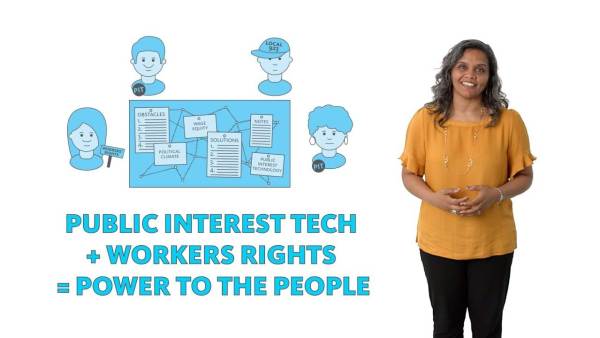
Sarita Gupta – The future of work(ers) rights! Public Interest Tech
Technology can help build a future of work that works for all. Sarita Gupta from Jobs with Justice explains how we can use technology to improve workers’ lives. Public interest technologists and social change leaders need to come together to design systems and tools that benefit all.
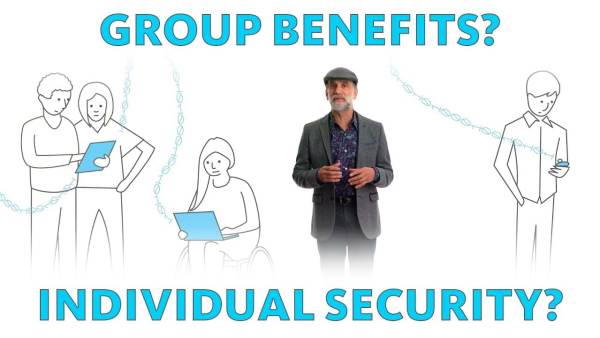
Bruce Schneier – How to survive in a hyperconnected world. Public Interest Tech
Cybersecurity expert Bruce Schneier says we need to find innovative ways to use surveillance data for the public good, while still maintaining our individual security. Tech decisions have policy ramifications, and policy decisions have tech ramifications—bridging the two worlds benefits everyone.
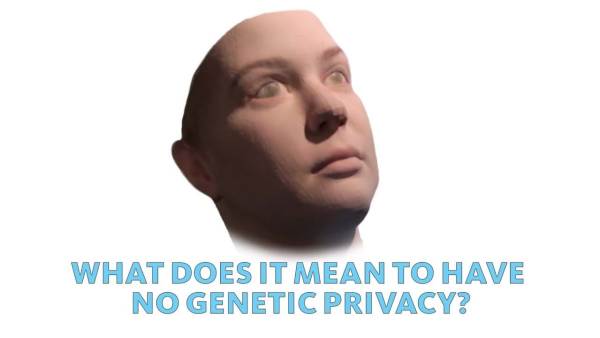
Heather Dewey-Hagborg – What can your genetic portrait tell the world? Public Interest Tech
Through her work, artist Heather Dewey-Hagborg asks deep questions about technology and how it functions and impacts society. She says we need to make the hidden world of biotechnology more visible to people, acknowledging its shortcomings and nuances to help ensure genetic privacy.
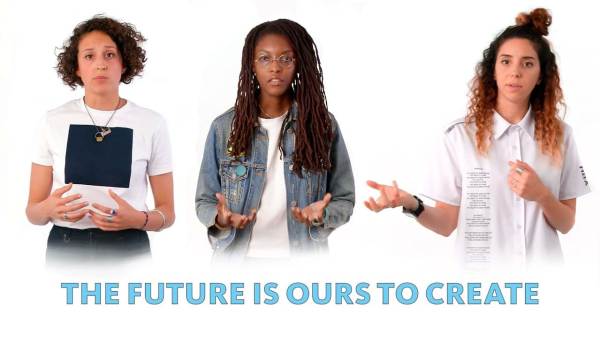
Hyphen-Labs – What does the future look like? Public Interest Tech
Technology can help us envision new ways of living. Artists can show us just what technology is capable of doing. But for tech to be truly inclusive, everyone needs to have a say in how it’s created. Artist collective Hyphen-Labs encourages experimenting with how we see the world.
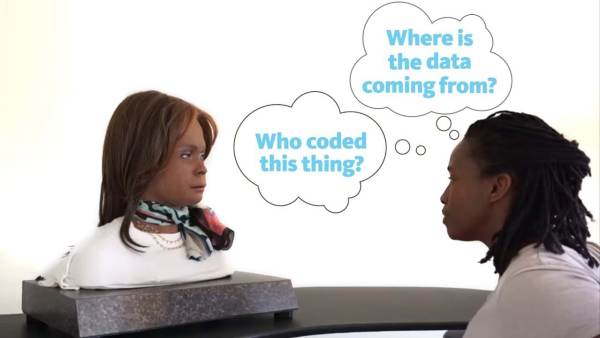
Stephanie Dinkins – Conversations with a robot. Public Interest Tech
There is implicit bias in artificial intelligence (AI). Artist Stephanie Dinkins wants data scientists and technologists to think about the ethical implications of AI and how better systems can be built for the future. Her work questions what machines are doing and why, so they can be more equitable and fair.
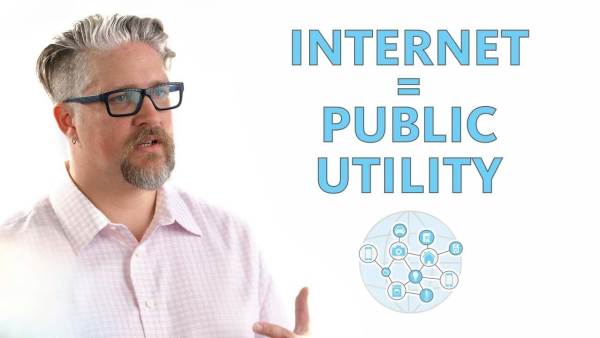
Éirann Leverett – Calling all hackers for good. Public Interest Tech
The internet is a shared safe space and should remain so. Éirann Leverett believes hacking can be used for public good. He maintains the issue of privacy and security should be seen as a consumer rights issue, and the internet should be treated as a public utility.
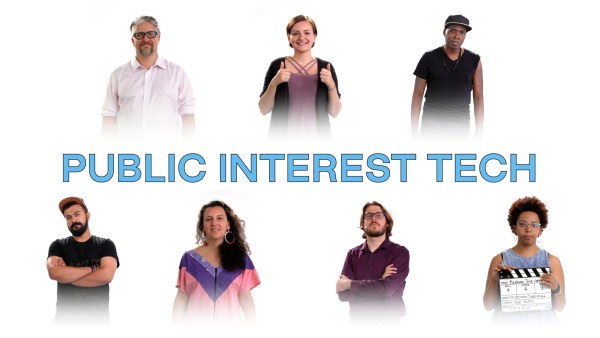
What is Public Interest Tech?
As it rapidly grows and changes our lives, technology can deepen existing inequalities in our world. For it to make a positive difference, public interest technologists work to ensure new and existing tech helps dismantle inequality and benefit the social good.
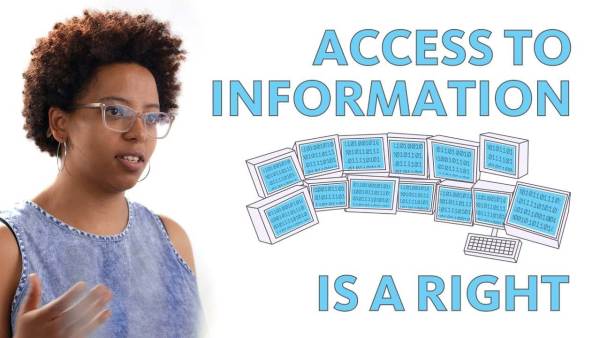
Berhan Taye Gemeda – Uncensored. Public Interest Tech
Censorship and online surveillance decrease opportunities for civic engagement. Social justice activist Berhan Taye Gemeda says access to the internet is a right, and she believes the internet should be governed by the public because it was created for the public. Accessible internet is essential for social change.
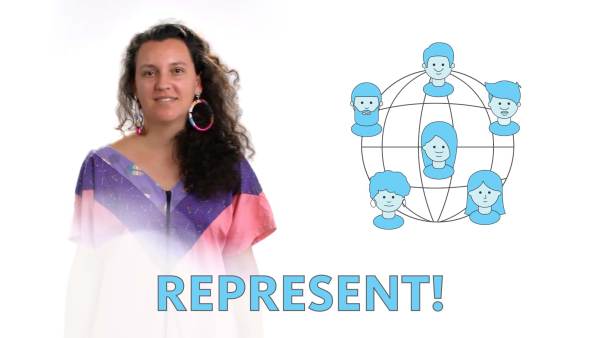
Steffania Paola Costa di Albanez – Who gets to make technology? Public Interest Tech
In the fight for equality, the way technology is developed should be a key issue. Open Web Fellow Steffania Paola Costa di Albanez says developers should reflect the diversity of those who use technology and represent a wide variety of user experiences, from women to Black women.
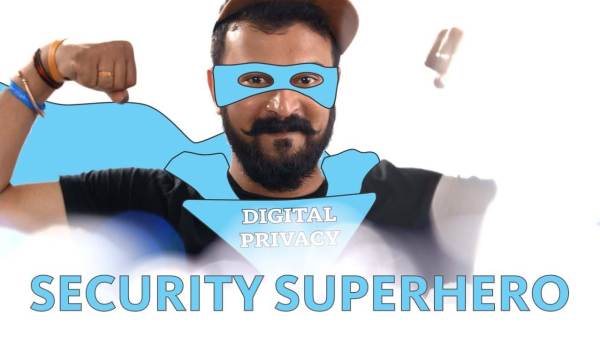
Sid Rao – My digital superpower. Public Interest Tech
Internet users don’t know how their metadata is being used or exploited for monetary or tracking purposes. Open Web Fellow Sid Rao aims to give people the tools to protect their digital privacy by knowing how their internet activities are being monitored.

Meet the future of tech. For good. Public Interest Tech
Public interest technologists show us how tech can work for social good and help fight inequality. They work to bridge the gap between what technologies are trying to build and what social scientists are trying to solve.
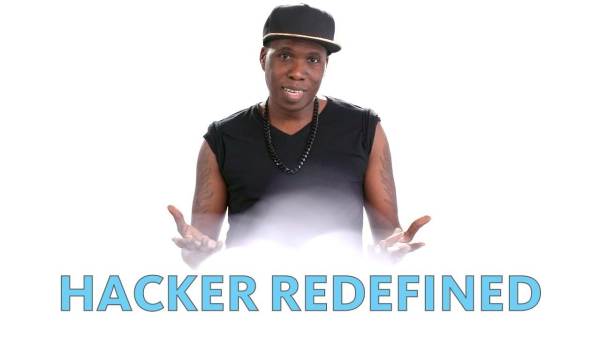
Matt Mitchell – I’m a hacker. For good. Public Interest Tech
Organizations need to be proactive in protecting themselves from digital threats. Hacker Matt Mitchell says it’s not a matter of if you will be hacked as an organization, it’s a matter of when. Having an understanding of these digital threats and planning before problems occur is vital.
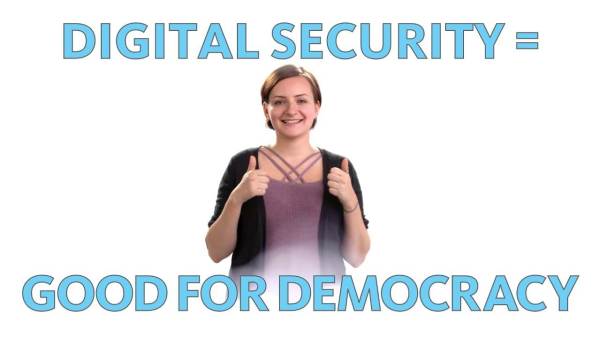
Jennifer Helsby – Digital security = good for democracy. Public Interest Tech
Having a free and open internet allows every person to read and speak freely online. Open Web Fellow Jennifer Helsby works to uphold freedom of the press and digital security, which are essential for journalists to maintain democracy.
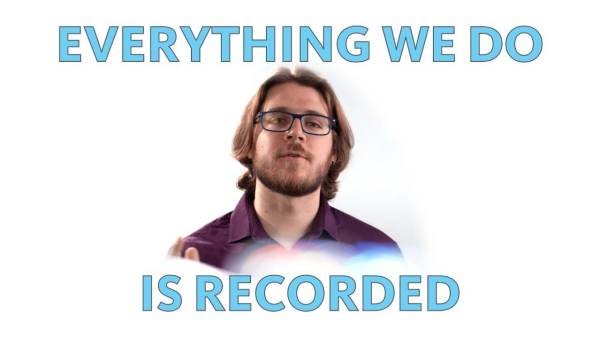
Etienne Maynier – Are these 5 tools in your organization’s digital security toolbox? Public Interest Tech
Fighting for a society that’s more equal means upholding the individual right to privacy. Etienne Maynier explains that digital surveillance is a pressing threat that feeds inequality. Protecting ourselves and our information is an important part of using technology to create a better society for all.